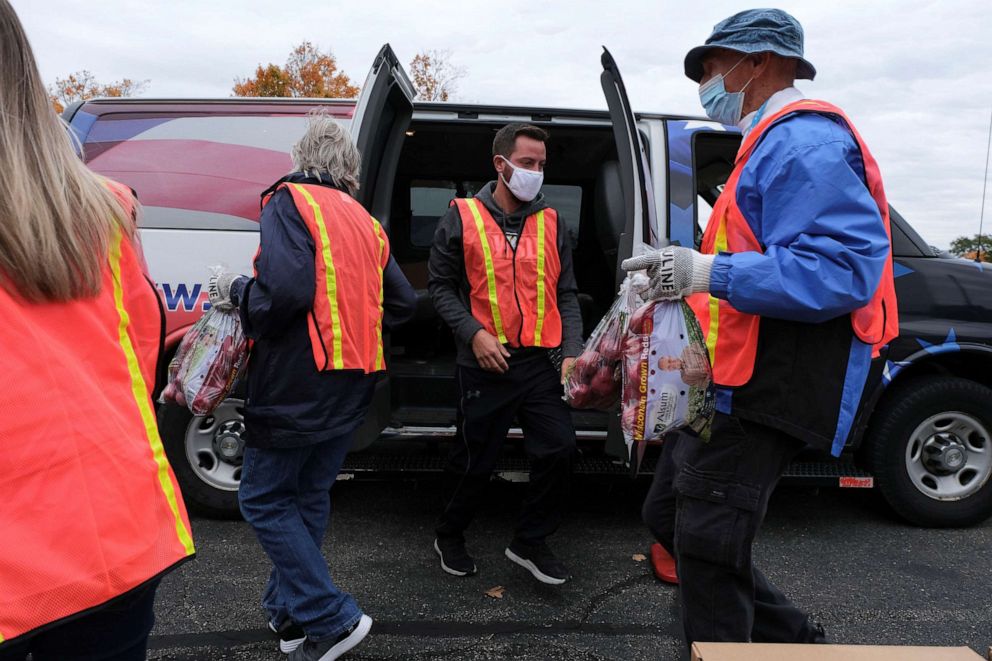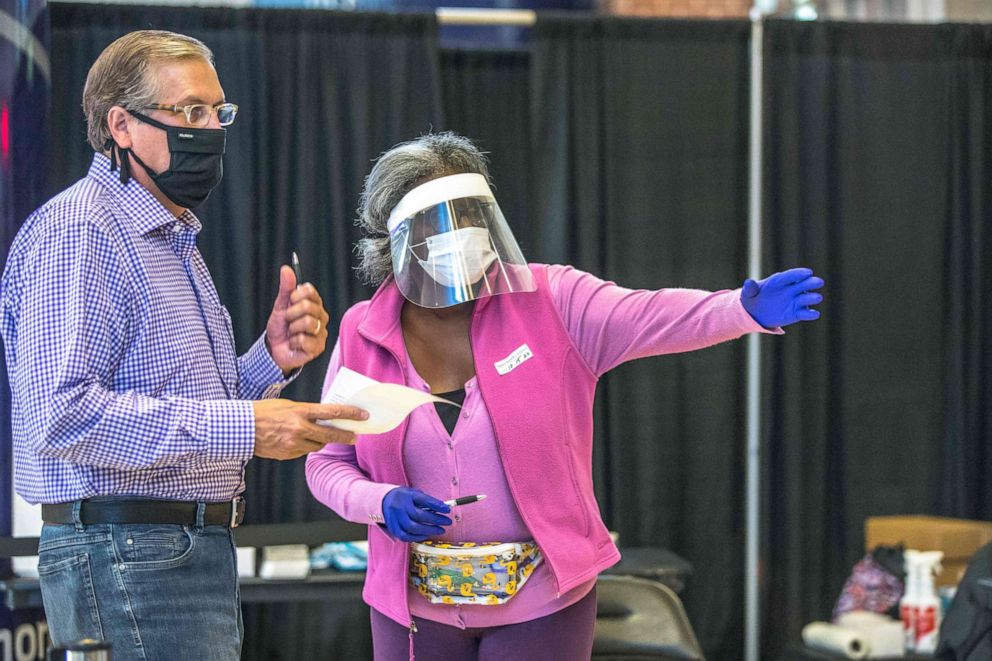Cases on the rise in 38 states: ABC News analysis
Coronavirus cases are increasing in 38 states and Washington, D.C., and deaths are rising in 14 states, according to an ABC News analysis of COVID Tracking Project data.
Amid warnings of a second wave, the seven-day average of new cases rose across the country with the figure now surpassing 52,000 -- the highest in nearly two months.
The trends were all analyzed from data collected and published by the COVID Tracking Project over the past two weeks, using the linear regression trend line of the seven-day moving average to examine whether a state's key indicators were increasing, decreasing or remained flat.

Two states and Puerto Rico reported decreases in new case trends and 10 states reported flat trends. Separately, nine states saw decreasing positivity rates, while rates in 15 states and Washington, D.C., were flat.
When it comes to hospitalizations, six states experienced a declining trend in current hospitalizations, while eight states, Washington, D.C., and Puerto Rico reported flat hospitalizations trends. Twelve states saw a declining trend in new deaths, and 24 states, along with Washington, D.C., and Puerto Rico, reported flat rates.
Over the last week alone, the seven-day average of new cases increased by 10% or more in 33 states, according to an analysis of state data.
Data from this week may be skewed because of lags in reporting or backlogs as a result of the Columbus Day holiday.





